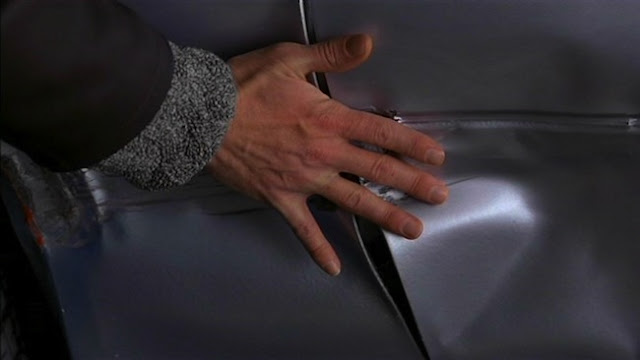Money changes everything
Veteran film critic Jonathan Rosenbaum is one of the most invested voices in writing about movies. When there's a subject he's spent decades thinking on, he's nonpareil—the legacy of Orson Welles, the urban space of Jacques Tati's movies like Playtime, the movies of his friends Jim Jarmusch and Raul Ruiz, with his playful puzzle films. The pantheon-ringing title of his new collection, "Essential Cinema: On the Necessity of Film Canons," suggests that he would be taking on the likes of Harold Bloom, with some sort of embrace of Bloom's canonical harrumphs, or perhaps a creation of categories like those of Andrew Sarris' 1967 "The American Cinema." While the introduction does attempt to contextualize the oppositional character of the cinemas and directors in the book, such as Iranians Abbas Kiarostami and Mohsen Makhmalbaf, Hungary's Bela Tarr, Elaine May and Asian masters like the Taiwanese Edward Yang and Hou Hsiao-hsien, the volume is essentially another compendium of reviews and articles for Film Comment and other publications. The virtue is having the best of his immersive recent work in one place; the disadvantage is in recalling how descriptive writing sometimes needs a prescriptive balance, particularly in Rosenbaum's persistent bugbears: the studio system, publicists, and the profit-driven movie distribution system. What makes trawling through his later collections, especially his previous jeremiad, "Movie Wars," wearisome are the same refrains, about "the reductive canons of studio publicists" and "the mass media's implied insult to the audience largely by kowtowing to Miramax and refusing to acknowledge any alternatives..." It's thrilling to read his take on Rear Window as "a moral investigation," or a roundhouse dismissal of "Natural Born Killers," Forrest Gump and Pulp Fiction as "comforting lies," but soon he's railing at the "cultural commissars" again. Rosenbaum never seems cynical, but dispirited in his quest for audiences for movies he feels speak to "the contemporary world." There's also a near-Masonic grid of almost-gossip and cryptic surmise throughout, but all is forgiven when he finds beauty in a movie like Taxi Driver, "an oddly ravishing treatment of mental imbalance... Munch meets... Gershwin."
Essential Cinema: On the Necessity of Film Canons
By Jonathan Rosenbaum
Johns Hopkins University Press, 456 pages, $35
[Originally published in Newcity, 27 April 2004]
Essential Cinema: On the Necessity of Film Canons
By Jonathan Rosenbaum
Johns Hopkins University Press, 456 pages, $35
[Originally published in Newcity, 27 April 2004]
